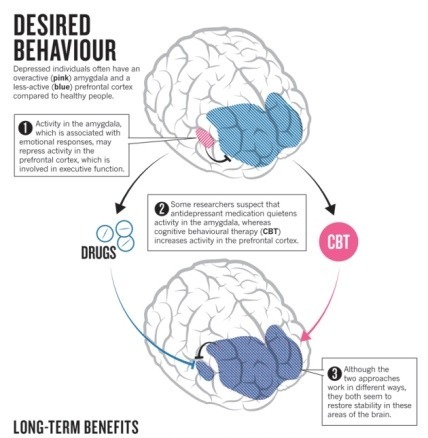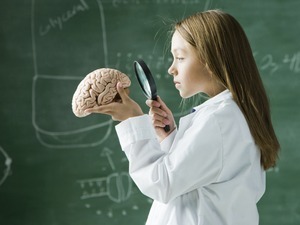Posts Tagged ‘Psychotherapy’
Survey: Growing demand for digital psychotherapies to help veterans deal with substance abuse, depression, problem solving and insomnia
Veterans go for digital psychotherapy (Healthcare IT News): “Computerized psychotherapies, or CPTs, hold great interest for veterans receiving outpatient treatment, according to a study published in Telemedicine and e‑Health. The study, relying on information provided by 151 veterans receiving treatment in a Veterans Health Administration substance use disorder outpatient clinic, showed veterans were
Read MoreStudy: Cognitive Behavioral Therapy helps treat depression–especially among women–but benefits are declining steadily
. Researchers have found that CBT is roughly half as effective in treating depression as it used to be (The Guardian): “Everybody loves cognitive behavioural therapy. It’s the no-nonsense, quick and relatively cheap approach to mental suffering…So it was unsettling to learn, from a paper in the journal Psychological Bulletin, that it seems to be…
Read MoreTherapy or antidepressants? Coming soon: Brain activity “fingerprints” to personalize depression treatments
. To Treat Depression, Drugs or Therapy? (The New York Times): “Until recently, many experts thought that your clinician could literally pick any antidepressant or type of psychotherapy at random because, with a few clinical exceptions, there was little evidence to favor one treatment over another for a given patient
Read MoreShould Cognitive Behavioural Therapy (not antidepressant drugs) be the first-line treatment for depression?
— Depression: A change of mind (Nature): “Cognitive therapy, commonly known as cognitive behavioural therapy (CBT), aims to help people to identify and change negative, self-destructive thought patterns. And although it does not work for everyone with depression, data have been accumulating in its favour. “CBT is one of the clear success stories in psychotherapy,”…
Read MoreStudy: A new psychosocial treatment for Inattentive ADHD
— Children with the inattentive type of ADHD (ADHD‑I) show high rates of attention difficulties without the hyperactive and impulsive behavior shown by children with ADHD Combined Type (ADHD‑C). The inattentive type of ADHD is quite common and is associated with significant impairment with school work, planning and organizational skills, processing speed, and peer relations.…
Read MoreThree Ways to Bring Mindfulness Into Therapy
— Many therapists have come to regard cultivating moment-to-moment awareness as a curative mechanism that transcends diagnosis, addresses underlying causes of suffering, and serves as an active ingredient in most effective psychotherapies. The clinical value of
Read More





